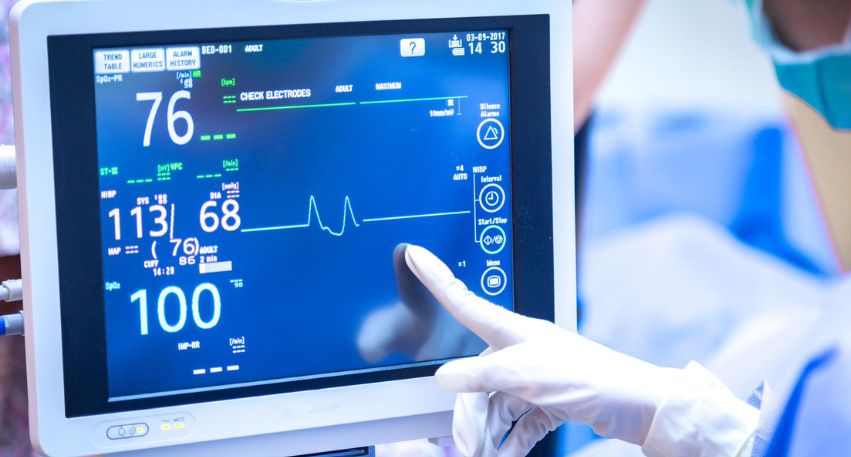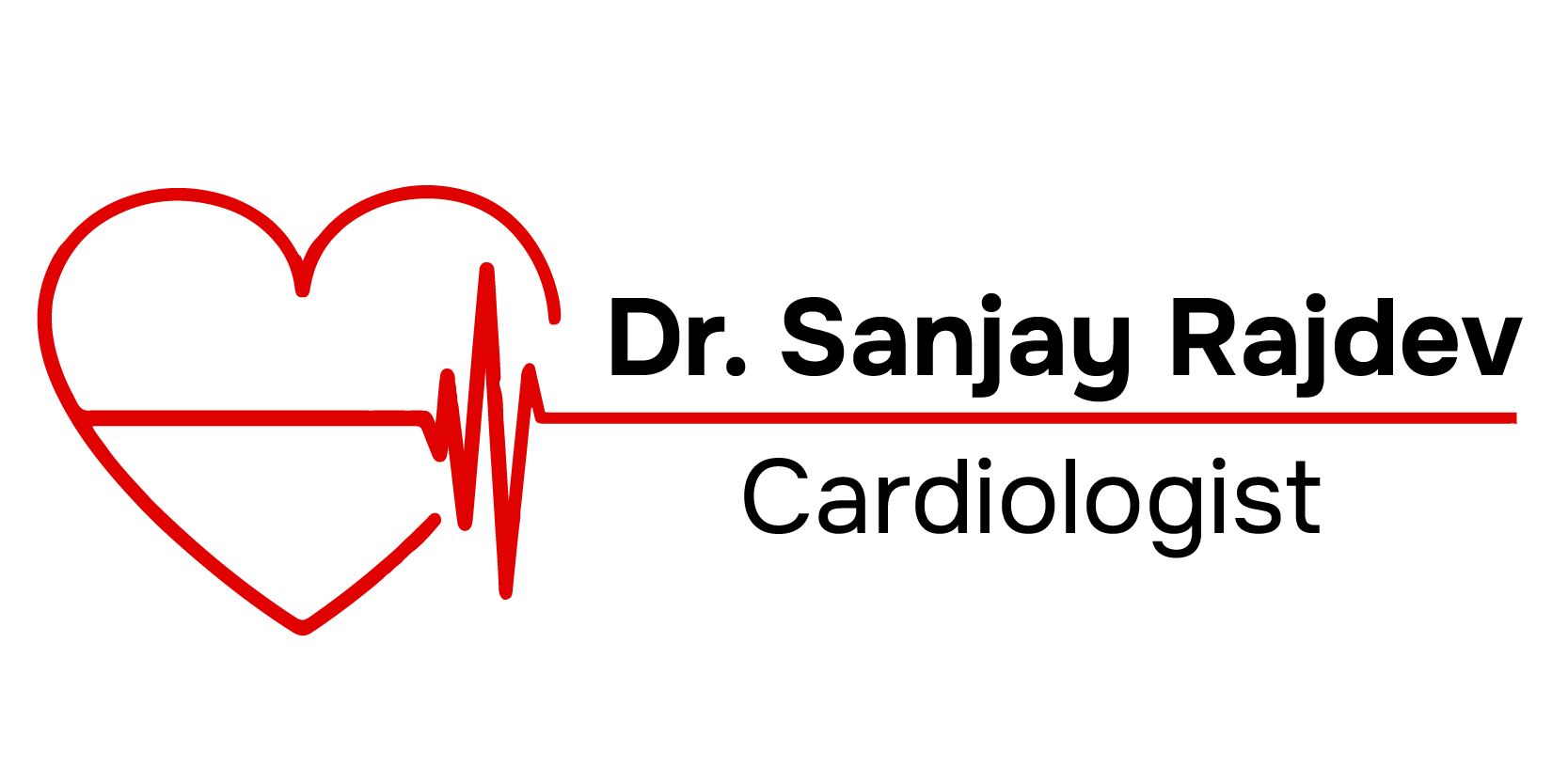Electrocardiography (ECG) Test in Andheri West, Mumbai
What is ECG ?
An ECG is a diagnostic technique to detect the electrical activity generated by the heart as it contracts and relaxes during each heartbeat. This activity is recorded through electrodes placed on the skin, typically on the chest, arms, and legs. These electrodes detect the electrical impulses produced by the heart, which are then heightened, displayed, and interpreted by medical professionals.
Benefits of ECG
- Detecting Heart Abnormalities like arrhythmias, heart attacks, heart failure, and congenital heart defects.
- Monitoring Cardiac Health.
- Guiding treatment such as prescribing medications, implanting pacemakers or defibrillators, or recommending lifestyle changes.
- ECGs are used in pre-employment screenings, sports physicals, and general health check-ups to assess cardiac fitness and screen for underlying heart issues.
Dr. Sanjay Rajdev is a skilled and experienced Interventional cardiologist. He has assembled an exceptional team for diagnostics. They have ECG experts who will guide you through the whole journey and will make you comfortable.
What can an ECG diagnose ?
An ECG can diagnose various heart conditions, including but not limited to:
- Arrhythmias (irregular heart rhythms)
- Heart attacks (myocardial infarctions)
- Heart valve problems
- Cardiomyopathy (heart muscle disorders)
- Congenital heart defects
- Pericarditis (inflammation of the heart lining)
- Electrolyte imbalances affecting the heart
How long does an ECG take ?
The actual recording process of an ECG usually takes a few seconds to a couple of minutes. However, the overall appointment time, including preparation and analysis, may vary but typically lasts around 10 to 15 minutes.
Who performs an ECG ?
An ECG is typically performed by trained healthcare professionals such as nurses, technicians, or cardiologists. They are skilled in electrode placement, equipment operation, and interpreting ECG results.
Are there any risks or complications associated with an ECG ?
ECGs are generally safe, with minimal risks. The most common risk is skin irritation or allergic reactions to the adhesive electrodes. In rare cases, misinterpretation of ECG results can lead to unnecessary follow-up tests or treatments.
Can anyone get an ECG ?
While ECGs are commonly performed, they are usually ordered based on a person's medical history, symptoms, or risk factors for heart disease. Routine ECG screenings may be recommended for certain populations, such as athletes, individuals with a family history of heart conditions, or those experiencing heart-related symptoms.
Can an ECG detect all heart problems ?
While ECGs are excellent tools for detecting many heart conditions, they may not identify every cardiac issue. Some conditions may require additional tests such as echocardiograms, stress tests, cardiac catheterization, or cardiac imaging for a comprehensive evaluation.
Get accurate ECG diagnostic tests performed by Dr. Sanjay Rajdev at Rajdev Mediclinic, Mumbai. Trusted expertise for comprehensive heart health assessment.
Schedule your consultation Today!


